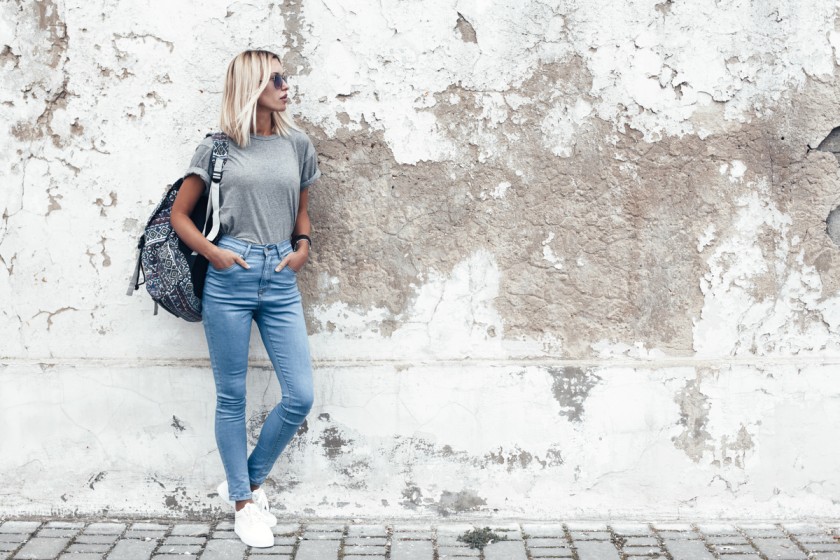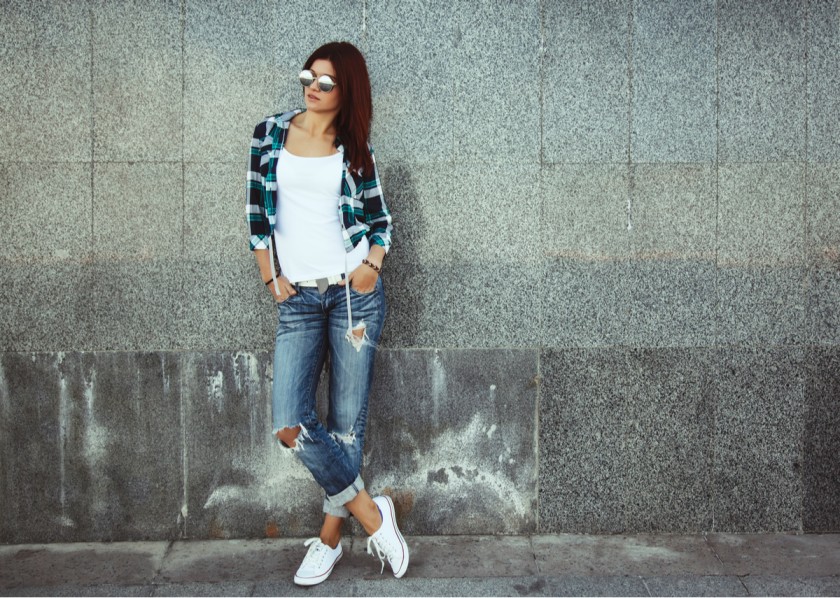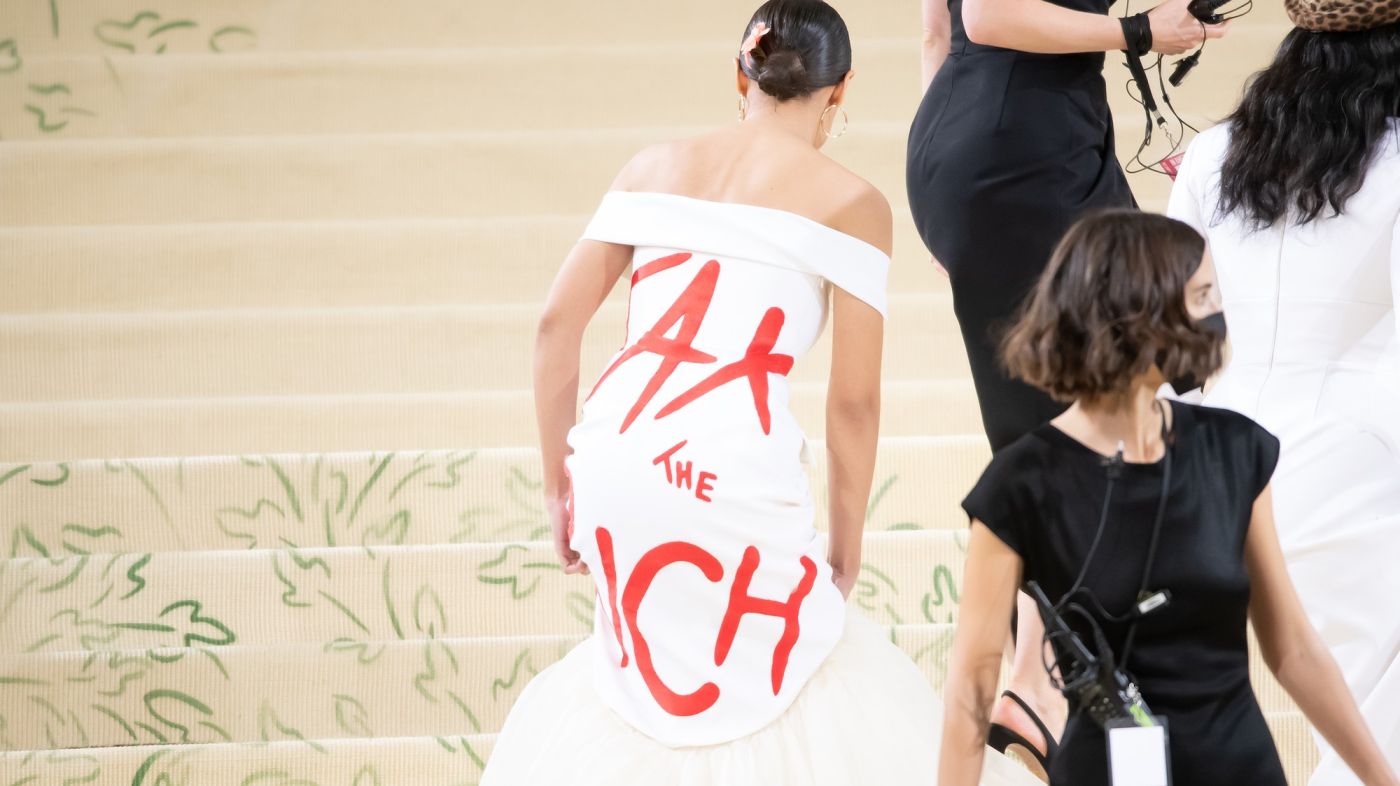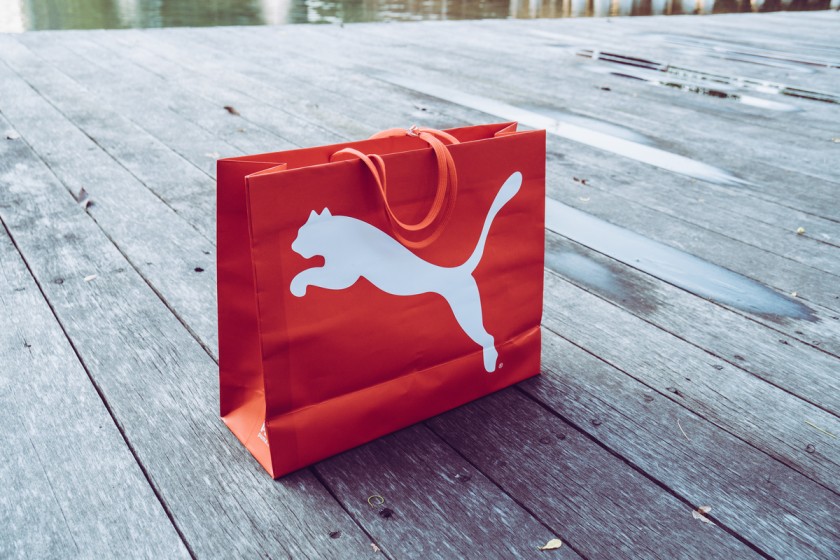Has Fashion Retail Reached Peak Minimalism?



Jim Scott, a passionate designer and store owner in Florida, wanted to decorate his new store to make it more like a ‘comfy living room’ for shoppers. The store was designed with a stylish sofa, a basket-covered ceiling, an attractive chandelier, quilted curtains, and lots of handpicked items.
This was something unique from the luxury fashion stores near Jim’s boutique, which mostly had intact and spacious interiors, and white walls with LED lighting. But Jim wanted to do something different through detailing, “as opposed to delivering the same in-house atmosphere everywhere.”
Jim is one of the emerging designers who focuses on maximalist fashion retail design to pursue differentiation. This is a swivel shaft from the concept of minimalism that has been the center of focus for many fashions till the last decade.
Meanwhile, Veronica Beard’s store focuses on animal print furniture and lively gallery walls, and her brand is all set to come up with an art-deco theme for the upcoming store launch in Miami. When interviewed, Veronica exclaims, “We want our stores to be a go-to destination for all!”
Patricia Bonaldi, a famous Brazilian fashion designer with the brand PatBO launched a retail store in New York. The approach used by the designer to introduce the brand to New Yorkers was raffia pendant embellishments and tropical wallpaper.
In late October, another store launched in New York by the streetwear band La Ropa introduced features like enormous bean bag chairs and colorful and appealing graffiti art.
The Arrival Of Minimalism

Minimalism experts claim that they prosper. The Brooklyn-based design firm, Snarkitecture by Alex Mustonen, says they’ve been focusing on designing with more detailing and colors and are rapidly ‘motivating those who consider all our design work to be white.’ During the Kith’s Paris store launch in February, Alex introduced wicker rugs, a blue velvet sofa, and colorful floors.
Minimalist retail design has influenced the fashion industry for a long time, with the exception of fashion brands like Gucci. Gucci, in 2016, experienced a global store redesign only to pinnacle their shift to whimsical eclecticism. However, just like some brands have converted from being the ‘fun’ factor in their marketing strategy to standing out, some expert designers suggest highlighting an interior that delivers more flavor.
‘During the post-pandemic time, fashion retail will have to come up with their best strategy and use every available resource to attract shoppers back into the stores,’ says Michael Gatti, studio director at design firm Gensler.
“For me, every fashion retail store needs to have a brand personality,” added Gatti, who has worked with brands like Cartier, Tiffany, and Saks Fifth Avenue. “Fashion retail stores have long suffered to feel like museums, but it's time to bring changes, add spaces, and expand the fashion brand’s narrative.”
Minimizing Minimalism
Kyle Chayka, a cultural columnist and author, says that fashion’s dependence on deadening interior design comes from the art-deco world.
“Art galleries developed this method to utilize big blank white spaces for emphasizing the art objects, which works in the retail context when you’re determined to drive someone’s attention to a particular unique, yet special thing,” she added.
The art world is taken as a model by the luxury fashion industry and other similar niche industries. The easy-to-run operation by minimalism dominates the fashion world, says Robin Standefer, the co-founder of design firm Roman & Williams.
Several fashion brands are also looking forward to the concept of minimalism as it allows shoppers to focus on one particular product, says Emiliano, the co-founder of Dimorestudio. The museum-type-fashion-store trend has left no space for differentiation.
He adds that the recommendations they receive from clients is to arrive with this neutral space, as the collection, in the end, is going to be the proponent.
However, the emerging danger for fashion retail remains the similar outlook of various stores, says Gatti. “The museum store fashion retail trend leaves no space for differentiation,” he added. “It's like a trap where you look like other people.”
The Pendulum Swing

The quest for maximalism grows beyond the fashion trend. Clients have enclosed the ‘Grandmillennial Style’ like patterned upholstery and rattan furniture in the interior design industry. In addition, hotels and restaurants have started to feel better occupancy, warmth, and detail in general too. For fashion, integrating touches like decorative lighting and eccentric furniture can aid in igniting the senses and evoking a solid emotional reaction and positive bond.
Brands that focus on maximalism can also support their clients with an enhanced feeling for their creative vision. Swanson Beard refers to their competitors like LoveShackFancy, which utilizes a rich detailing design incorporating crystal chandeliers and plush curtains.
“The style of furniture chosen and used by a brand tells a lot about them,” he added.
In addition, new names in the fashion retail industry stand out with minimalistic bucking. “If your store is all white, you may be able to depend on an old brand to make the least sales of expensive clothes, but for a new brand, you will look for things to drive the most thrilling things, '' says La Ropa.
Maximalism also works best on TikTok, the go-to social media platform in today’s generation. Chakya said that TikTok needs more detailing and dynamism. “TikTok’s outback vocabulary is artifacts, detailed images, and exciting moments around the corner,” he added.
Getting The Right Balance
You will be surprised to find that not every fashion brand leaves minimalism. It is still a distinct minority in the fashion retail industry. Salci, the representative of Dimorestudio, has remained honest to a more minimalistic approach and says that fashion brands should avoid confusing maximalism with quality.
“What you wish to accomplish through space is an insensible concentration on the product. It can be easily acquired via reduction.” John added, who recently opened his boutique store in New York.
However, for brands who are looking for opportunities to shift away from minimalism, Standefer suggests making a retail atmosphere that mimics an in-house environment.
“People, nowadays, have a great appetite for appealing and fashionable home interiors and that environment enables an extremely attractive, convenient, comfortable sensation and attitude,” he added. Rather than making a blank canvas for the store collection, let the environment respond and ignite.
The overemphasized design doesn’t have to be messy or overwhelming either. During the floor concept designing, Swanson Beard said that brands should consider the clothing presentation before jumping into designing a comprehensive store design strategy. For instance, Veronica Beard would first go setting up a dedicated environment explicitly for categories like jackets and denim before adding the design elements around the area to bloom the store without declining the shopping experience.
Gatti is currently one of the most focused designers who is working on the concept of both minimalism and maximalism. His constant effort to unite the two niches of maximalism and minimalism will bring evolutionary changes to the fashion retail industry.
Embracing Minimalism With Fashinza
It goes without saying that minimalism is the future for fashion retail. However, brands need to focus on the crux of new trends and keep an eye on multiple processes. From sourcing the right fabric to curating innovative designs, there’s a lot more to do, than what meets the eye. To keep up with the minimalist trends in fashion retail, we suggest fashion brands and designers source materials from leading names like Fashinza.



















